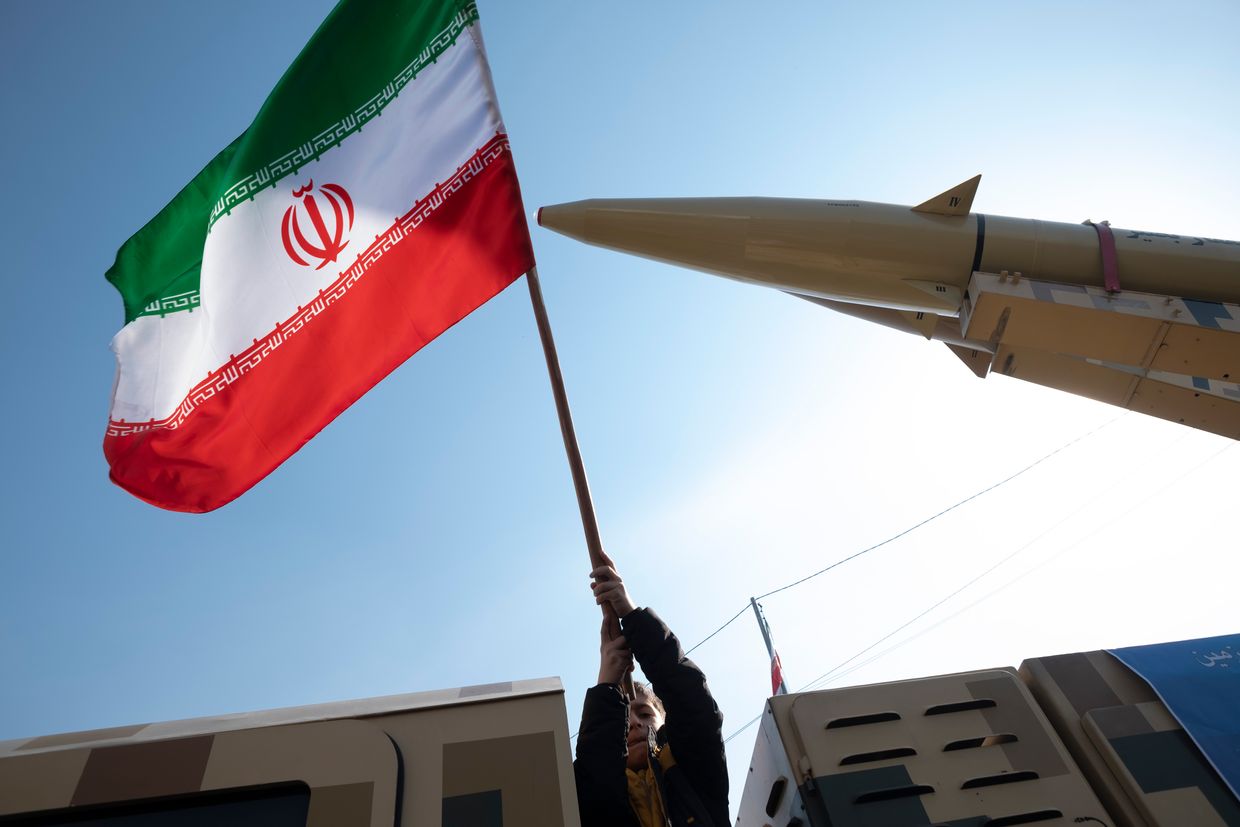Iran denies sending ballistic missiles to Russia, Kremlin remains evasive

Iran on Sept. 9 denied it had delivered ballistic missiles to Russia, calling reports to the contrary "psychological warfare."
The Wall Street Journal (WSJ) reported on Sept. 6 that Tehran had sent an unspecified number of the weapons.
The report prompted "alarm" from the White House, and a warning from Ukraine that the move would have "devastating consequences for Ukrainian-Iranian bilateral relations."
"No missile was sent to Russia, and this claim is a kind of psychological warfare," Iranian brigadier and senior Revolutionary Guards' commander Fazlollah Nozari told Iranian media.
In Russia, Kremlin spokesperson Dmitry Peskov gave an evasive answer when asked about the reports on Sept. 9.
"Iran is our important partner, we are developing our trade and economic relations, we are developing our cooperation and dialogue in all possible areas, including the most sensitive ones," he said in comments reported by Reuters.
The British news outlet The Times wrote that according to an undisclosed Ukrainian military source, a shipment of 200 Iranian ballistic missiles already arrived at an unspecified port in the Caspian Sea on Sept. 4.
The missiles in question were said to be Fath-360, with a range of 120 kilometers (over 70 miles).
Experts told the Kyiv Independent that these tactical missiles are most likely to be employed at the front line.
"It's more likely they'd be used on targets related to action on the front line, military targets, logistics centers, command posts, barracks, fuel depots – these are the kind of targets you'd strike with a tactical missile," Fabian Hinz, a research fellow for defense and military analysis at the International Institute for Strategic Studies, told the Kyiv Independent.
Washington has not officially confirmed that the transfer had taken place, but the Wall Street Journal said that the U.S. had informed its allies about the move in the past few days.
Russia has its own ballistic missile arsenal that it employs in Ukraine, such as Kinzhal or Iskander-M missiles. Moscow has also received ballistic missiles from North Korea, which have been used to target Ukrainian cities.












